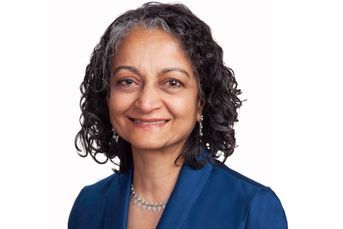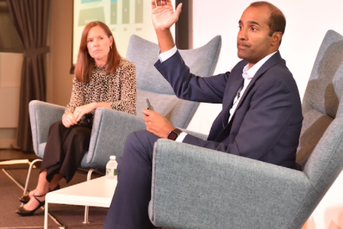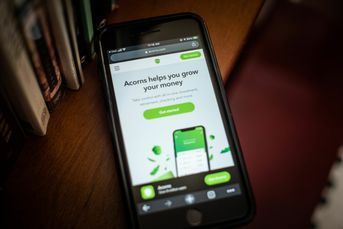Want a tattoo of your favorite ticker? 1.1 million new investors say yes

A new survey by Public, a next gen-focused investing app, researched the behaviors and motives of millennial and Gen Z investors. The majority of respondents started investing in the past three years.
Millennials and Gen Zers are evolving the culture of investing as millions enter the stock market for the first time with mindsets and behaviors unlike their older counterparts.
New research by Public, a next gen-focused investing app with over a million users, and research group Nonfiction Research aims to demystify the behaviors and motives of millennial and Gen Z investors. After the GameStop Inc. stock surge earlier this year, online brokerages — from Robinhood Markets Inc. to Fidelity Investment Co. — experienced an influx of next-generation investors who have garnered a bad reputation for being financially illiterate, meme-stock investors.
The majority of new investors (59%), defined as those that started investing in the past three years using a mobile app, believe they are a part of a movement that’s making investing more inclusive and accessible, according to the study.
Contrary to stereotypes, new investors are thoughtful in their investing approaches, with 81% of investors who purchased a meme stock saying they went on to diversify their portfolios. More than half of them (61%) say they are in it for long-term financial stability.
InvestmentNews wants to hear from you! Please take a minute to complete this form, so we can better understand and serve our readers.
"*" indicates required fields
Most new wave investors (76%) are also interested in building enough wealth to start their own businesses, gain financial independence and begin families. Furthermore, 19% say they want to invest in companies that have a positive impact on the world.
Millennials and Gen Zers believe their portfolio is a representation of who they are and their values, said Public’s vice president of marketing Katie Perry in an interview. Forty one percent say their investments are a better indicator of who they are than their own internet search history.
From a social perspective, 12% of respondents said they’d reveal their holdings on a dating app, and 3% — roughly 1.1 million Americans — would tattoo a favorite ticker on their body.
“The coverage of this new generation of investors has been reductive,” Perry said. “This study is debunking this myth that everyone is just chasing short wins.”
The new wave of investors is an educational opportunity, Perry said, and in the Public app, investing strategies and ideas are socialized and shared so more investors can engage in diversity of thought. In that light, more than half of new investors (53%) say they view building financial literacy as a hobby, according to the study.
“The financial literacy gap is also a psychological barrier to entry,” she said. “Over half the people said their number one source of information is their investing app. We don’t want to tell people what to do, no two investors are the same, but we want to have that built in an educational context right within the app, because with access comes responsibility.”
The study also noted today’s new investors don’t typically come from families who taught them about investing. A majority of them (56%) are first-generation investors. Sixty percent of these investors said their parents were financially insecure.
“In the past, if you think about who’s exposed to investing, it’s people who came from money or whose parents had financial advisers,” Perry said. “Now that this has been more democratized, there’s a whole group of people who like forging their own path for the first time.”
New investors get their information from a range of sources, and the most popular source was their investing app (53%). Friends and family was the second-most popular source (35%). Among social platforms, YouTube is much more popular than TikTok (47% vs. 12%).
The study was conducted via Nonfiction Research’s quantitative sample collected over a one-week period, totaling 1,004 completed responses, according to the study.
Learn more about reprints and licensing for this article.








